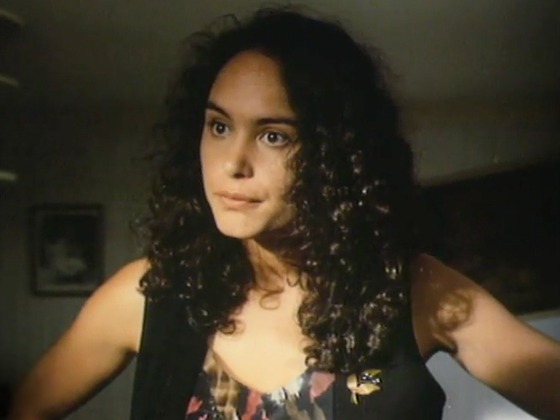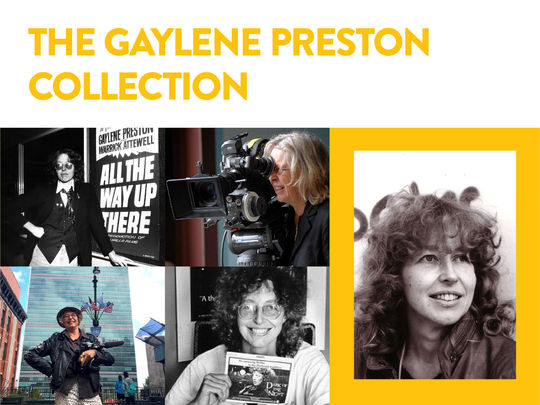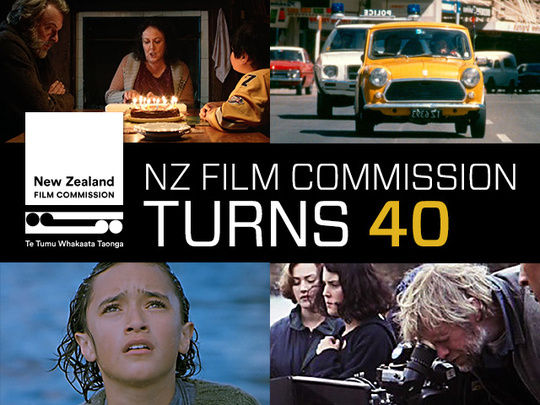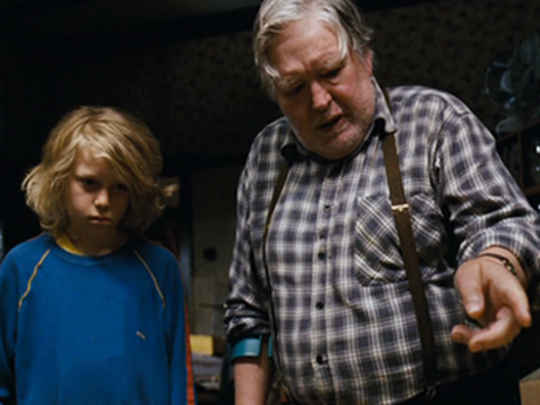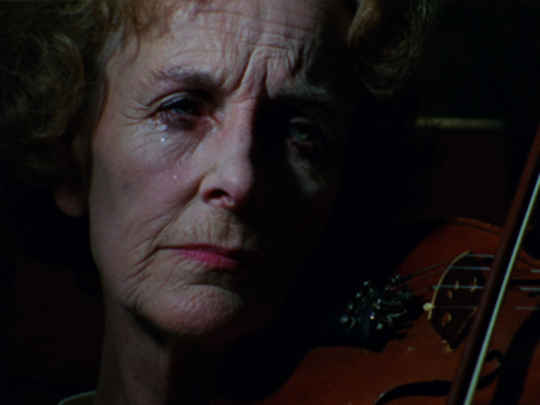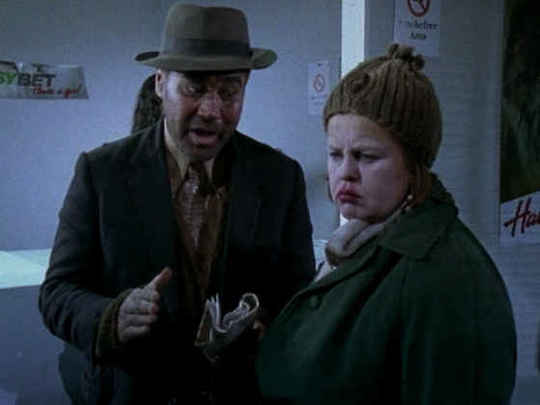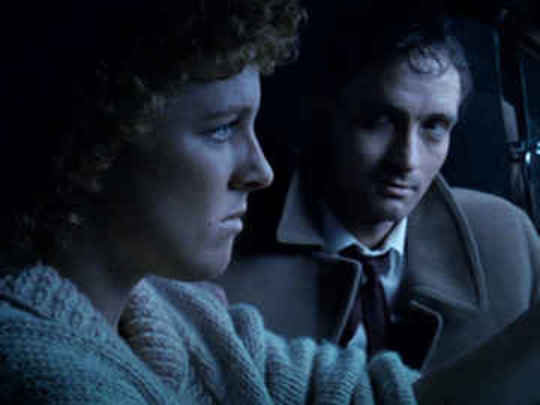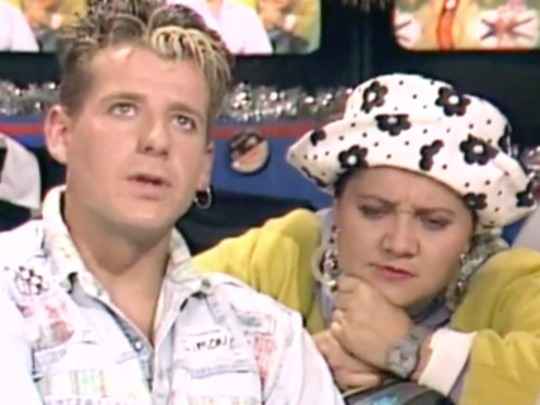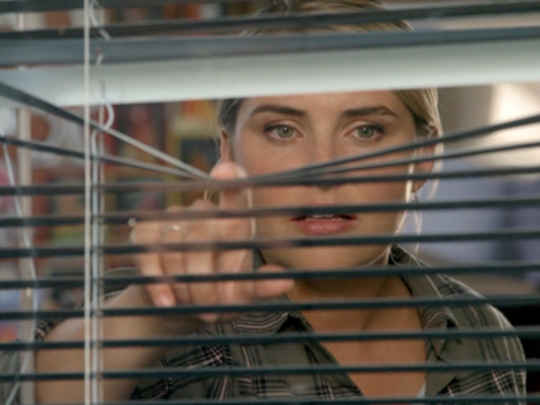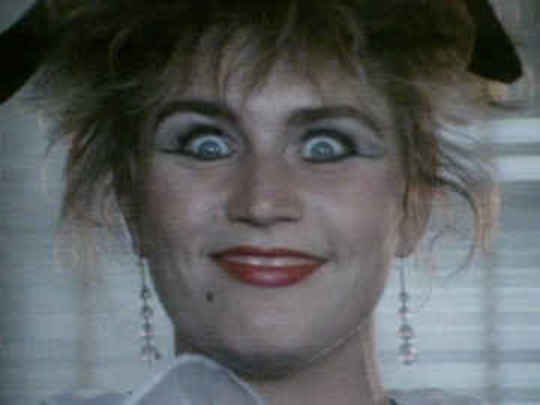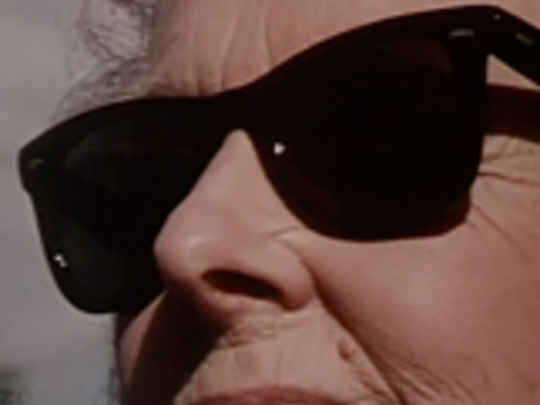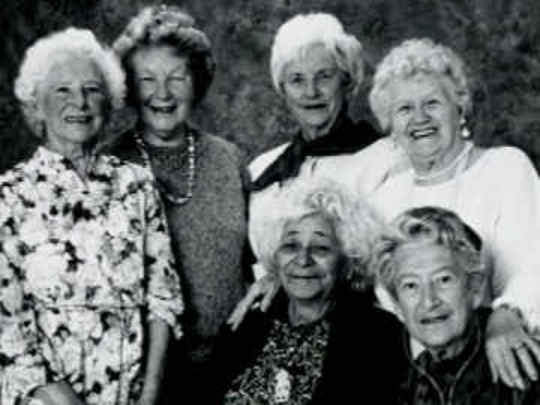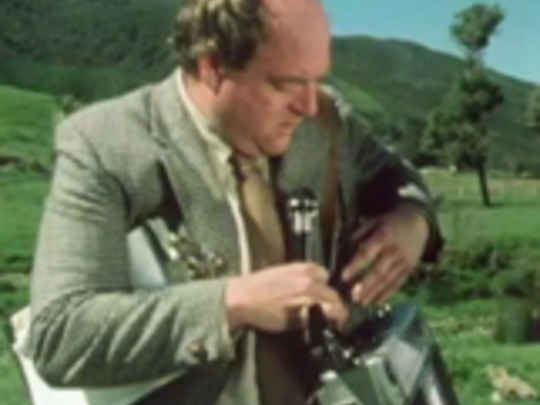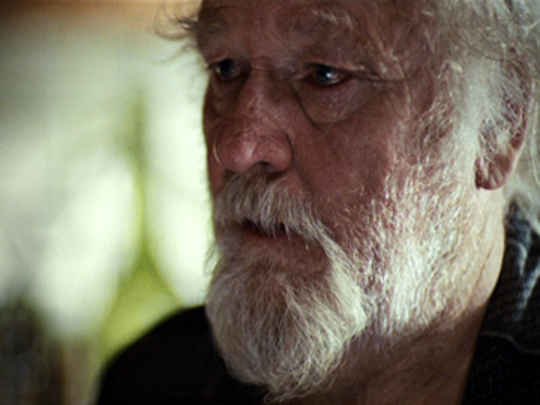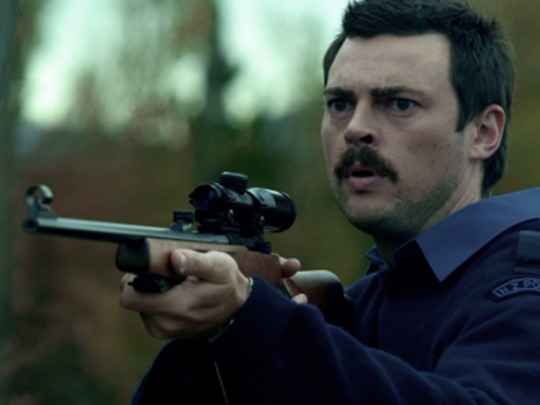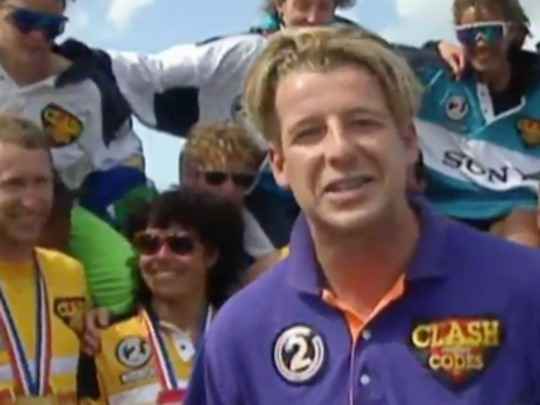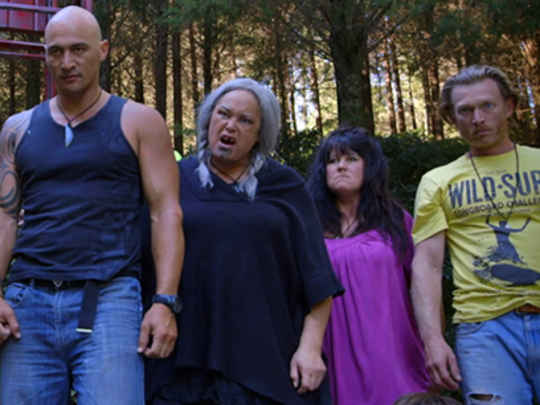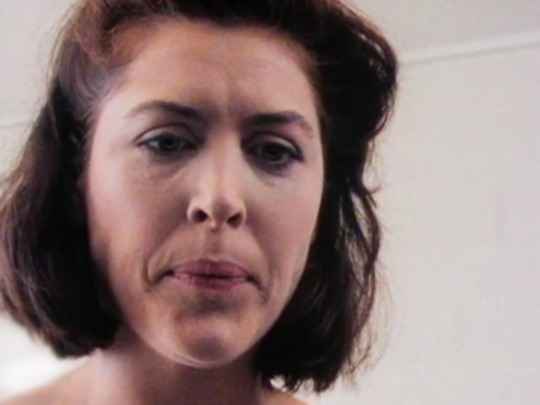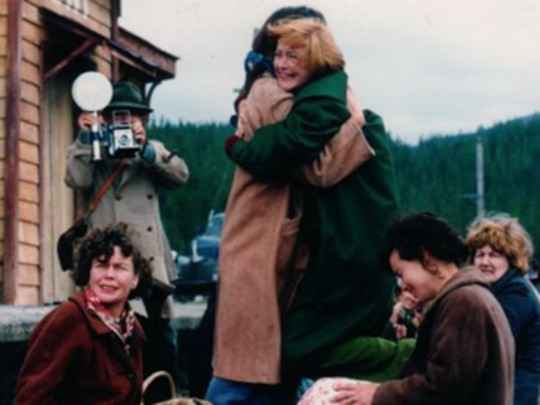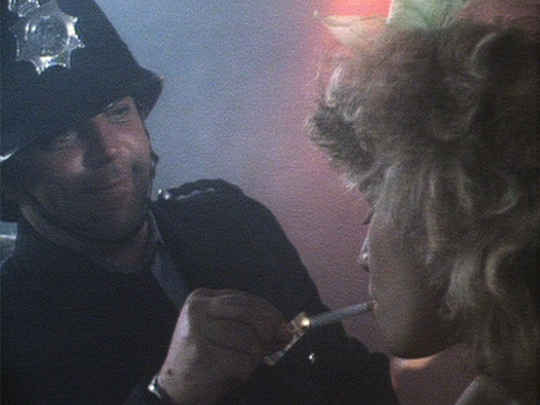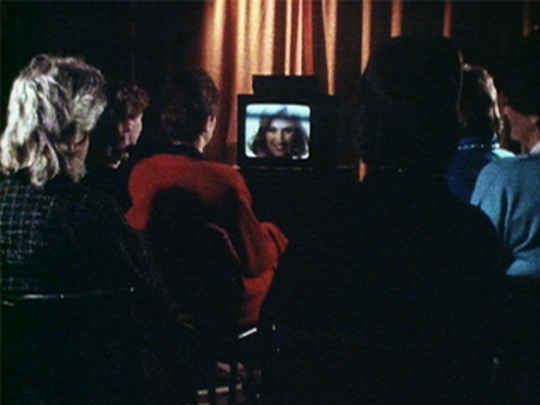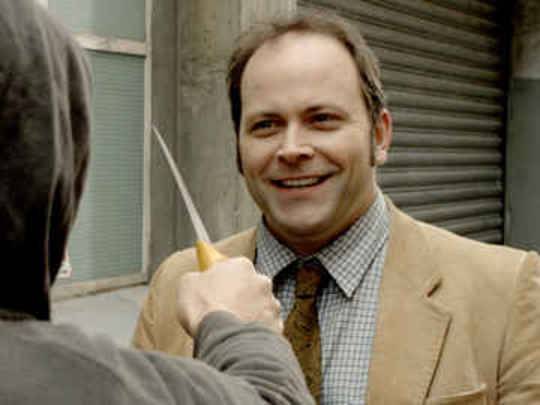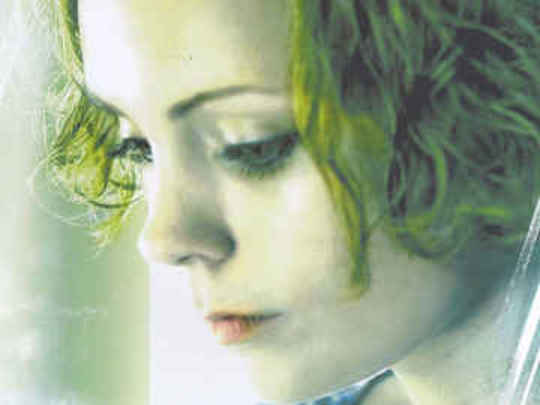Ruby and Rata
Film (Trailer and Excerpts) – 1990
Ruby and Rata is a 110-minute riposte to anyone who claims that New Zealand cinema is dour and grim.
– Author Hamish McDouall, in his 2009 book 100 Essential New Zealand Films
[Gaylene] Preston and her team have woven a special kind of Kiwi magic in this one. I'd crawl across broken glass to see it again — and again.
– Reviewer Peter Calder in an NZ Herald review, 28 September 1990
No formula can create a film like this. No production values can make it succeed. These delicate, highly personal and fanciful little enterprises must ignite of their own accord, and Ruby and Rata somehow manages to do so.
– Reviewer Evan Williams in The Australian, 1992
While its themes are serious (e.g. old age, poverty, homelessness and prejudice), the film's comic approach made it a strong box office success when it opened in Aotearoa/New Zealand in October 1990, and it has continued to make steady financial returns....
– Authors Barbara Cairns and Helen Martin in 1994 book Shadows on the Wall - A Study of Seven New Zealand Feature Films, page 147
[Gaylene] Preston and screenwriter Graeme Tetley do not shy away from issues like the poverty trap for working class solo mums or the plight of the aged, but they do not let their political conscience run away with the story.
– Reviewer Costa Botes in The Dominion, 1 October 1990
We needed someone who by his youth, by his money, by the people in his background, by his lack of independance could afford to have shallow views. Ruby and Rata can't afford to have that sort of shallowness — if Buckle's on the edge and fails, he just falls on Dad.
– Writer Graeme Tetley on the character of Buckle (Simon Barnett), in 1994 book Shadows on the Wall - A Study of Seven New Zealand Feature Films, page 149
...a white, bright comedy about serious things.
– Writer/director Gaylene Preston describes Ruby and Rata, in 2007 book New Zealand Filmmakers, page 78
[Ruby, Rata and Willie] are in their different ways marginalised figures, as the film explores. Ruby because of her age and infirmity, Rata because of her race and social class, and Willie because he is a child, either ignored or policed by the adults around him.
– Writer Estella Tincknell in 2007 book New Zealand Filmmakers, page 78
...I want her to help me, not the other way round.
– Ruby (Yvonne Lawley) on hiding from her prospective tenants that she's their landlord
You think you've beaten me. I haven't even started yet.
– Ruby (Yvonne Lawley) faces off against Rata (Vanessa Rare) during a band practice
That child needs all the care and love that he can get, while you play at being all the things you're not.
– Ruby (Yvonne Lawley) faces off against Rata (Vanessa Rare)
You so much as look at my boy again and I'll report you.
– Rata (Vanessa Rare) faces off against Ruby (Yvonne Lawley)
Ruby and Rata absolutely refuse to conform to socially accepted notions of feminine behaviour. Ruby does not act like a kindly grandmother when she terrifies Willie into doing her shopping . . . Likewise Rata's calculating seduction of Ruby's nephew Buckle isn't conventionally romantic. In short these women inhabit a wild zone of women's culture, choosing to be themselves in all their glory and their ghastliness.
– Deborah Shepard in her 2000 book Reframing Women: A History of New Zealand Film, page 135
In choosing to explore issues such as the plight of an elderly woman living alone or how a young urban Māori woman manages without whanau support, Gaylene Preston was entering relatively uncharted territory. Unlike British filmmaking, which has a strong tradition of social realist filmmaking — witness the films of Mike Leigh and Ken Loach — only a small collection of New Zealand feature films have grapped with a political analysis of contemporary society.
– Deborah Shepard in her 2000 book Reframing Women: A History of New Zealand Film, page 135
...it was eight half-hours for television.... What grabbed me about it was that the problems and the conflict came from the basic living arrangements, and it allowed for a very contained story that could embody a tremendous range of cultural influences.
– Director Gaylene Preston in 1994 book Shadows on the Wall - A Study of Seven New Zealand Feature Films), page 147
I want to come away from a movie and feel that the air's changed — that I'm going to look at the lives around me in a different way. I think ordinary life has extraordinary excitement to it.
– Scriptwriter Graeme Tetley in the Ruby and Rata chapter of 1994 book Shadows on the Wall - A Study of Seven New Zealand Feature Films), page 148
Finding Rata was a lot more difficult because the young women who came in to audition for Rata were often too 'soft', too innocent, too protected and middle-class. The women in their 30s could play Rata fine, but they were too old. I always considered that Rata had had that child far too young.
– Director Gaylene Preston on finding the right actor (Vanessa Rare) to play Rata, in 1994 book Shadows on the Wall - A Study of Seven New Zealand Feature Films), page 167
In the end I just cast people who were like their characters. It's not ideal. But we were really lucky to find Vanessa Rare ... she was a natural actor with a good screen presence.
– Director Gaylene Preston on lead actor Vanessa Rare, 1994 book Shadows on the Wall - A Study of Seven New Zealand Feature Films, page 167
I didn't have to tell him the sort of character he was playing because he just knew. He's the easiest person to director. I've worked with children since and the more I work with other kids the more I understand how remarkable Lee is. He's an 'old soul'; he understands things ... I was never aware of treating him as a kid.
– Director Gaylene Preston on child actor Lee Mete-King, in 1994 book Shadows on the Wall - A Study of Seven New Zealand Feature Films, page 167
Between 'Action' and 'Cit' all he ever did was what he was asked to do, only better every time. I'd never worked with that that before and I may never work with that again.
– Director Gaylene Preston on child actor Lee Mete-King, in 1994 book Shadows on the Wall - A Study of Seven New Zealand Feature Films, page 168
We looked everywhere in Wellington and couldn't find a location. We went to Auckland and found it in a couple of days.
– Director Gaylene Preston, in the Ruby and Rata chapter of 1994 book Shadows on the Wall - A Study of Seven New Zealand Feature Films, page 168
